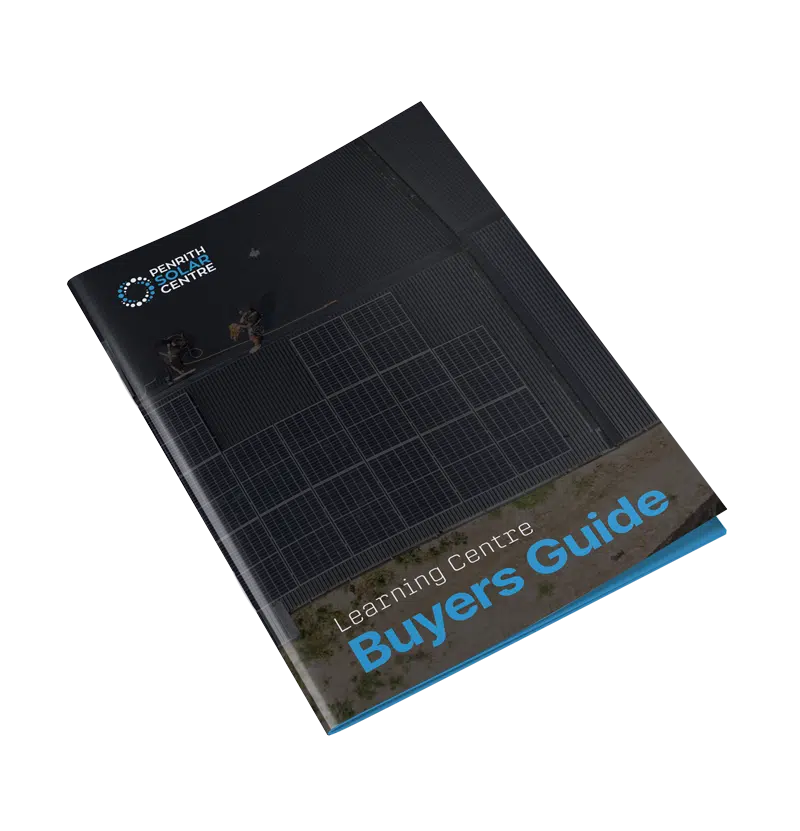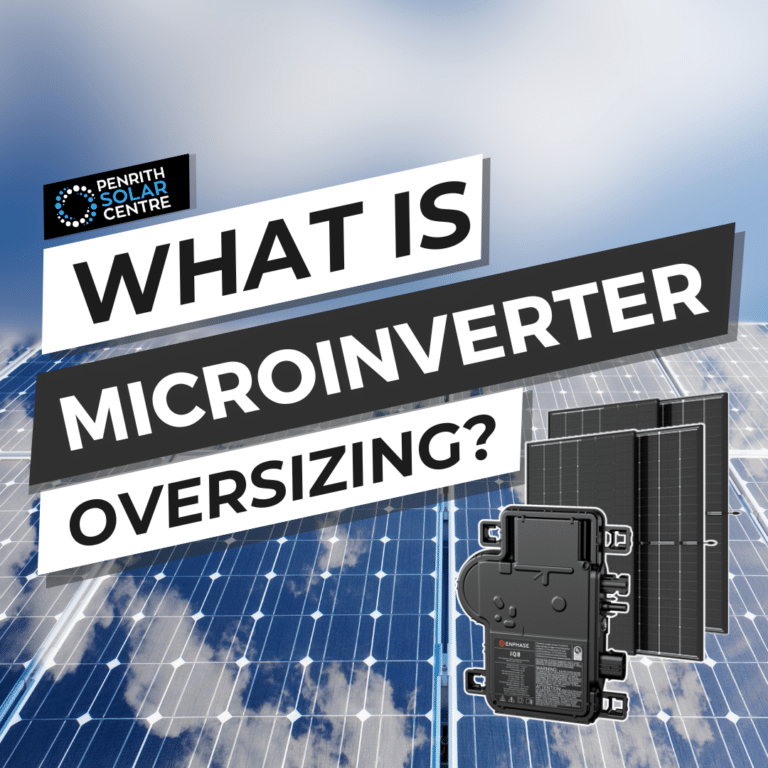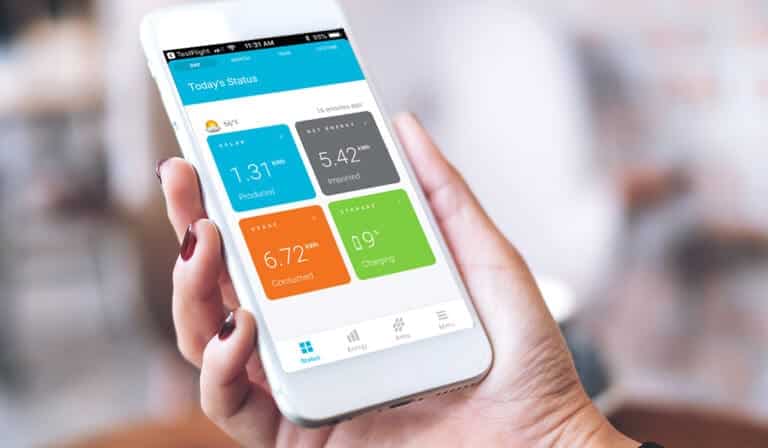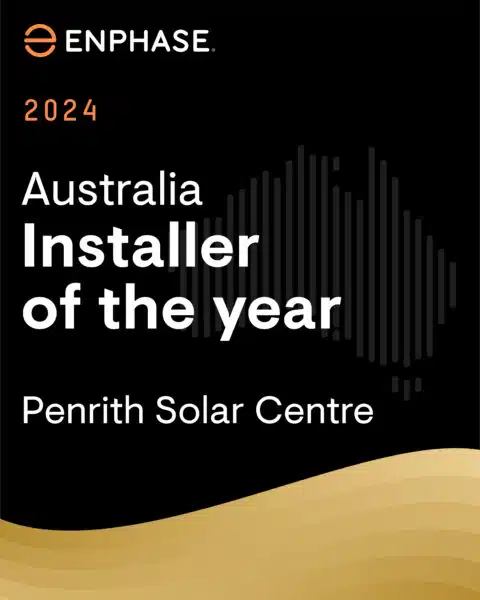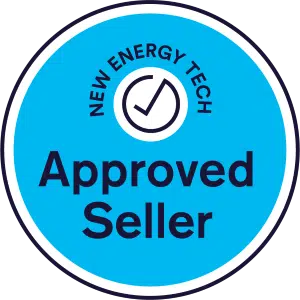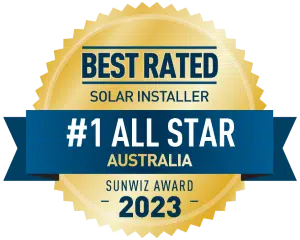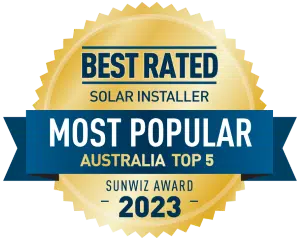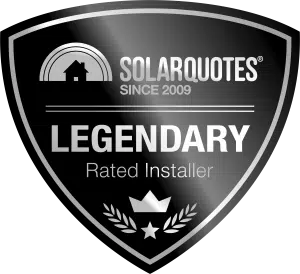Energy is getting expensive.
As business owners and problem solvers who own or lease commercial properties, you’ve probably looked at your roof and thought about how completely useless that part of the building is and frowned about it. Nothing is happening up there across that square footage except heatwaves on a summer day.
What if you could monetise it? What if that empty space could reduce or eliminate your energy bills? How expensive were they last quarter? Over $5,000? Did they get up to $10,000?
At Penrith Solar Centre, we find energy solutions. For everyone. It’s what we do. Financial responsibility is the focus of solar energy conversations. Incentivising business owners is the best weapon against our current climate crisis. Commercial solar installations are going up on the rooftops of warehouses and office buildings nationwide because of how much money they save companies.
You might own your building, you might lease it, but either way, a screaming solar system on the roof will reduce or eliminate your energy bills.
In this article, you will learn:
- Why Should I Install Solar for My Business?
- How Much Money Will Solar Energy Save My Business?
- Available Rebates and Incentives for Commercial Solar
While we are a bit biased towards our own goods and services, we’re going to give you straightforward answers to these questions and topics. By the end of this article, you’ll have a basic understanding of how solar on your roof can save your business money.
Why Should I Install Solar for My Business?
It will reduce your energy bills.
The entire solar industry exists because it saves money for folks who have solar on their roof. So, as night follows day, solar installed on the roof of your commercial site will reduce your energy bills. With a little attention to your company’s energy usage, you can even eliminate those electricity bills.
If you are producing, storing, and consuming your own electricity, what’s left for you to import from the grid?
Energy is woven into the very fabric of our existence. It fuels our workplaces and our homes. Energy is more than a bill, it’s a resource we need to live. Do you want a company in charge of your energy, or do you prefer to manage your expenses?
Solar is energy independence.
It will protect your business from electricity price hikes.
The wholesale price of electricity is increasing constantly. It’s difficult to predict and navigate. The energy retailers, who sell electricity to consumers, change the price based on demand. There’s a lot of demand.
While the market for electricity per kilowatt hour (kWh) changes from day to day, provider to provider, and in some cases, hour to hour, you can be sure of one thing: it is consistently rising.
Electrical providers in New South Wales increased the price of electricity twice last year. In July of 2023, it was a 20% increase. You went through that; how did it affect your bottom line?
If you’re interested in learning more about the ins and outs of saving your business money with solar, you might want to check out the following article titled, What is Consumption Monitoring?
How Much Money Will Solar Energy Save My Business?
The short answer to this is: it depends.
We customise every aspect of every solar system we design. The design is always based on your unique energy needs and goals.
Your solar system will be drastically different from every other solar system we design. Even an estimate would be wildly inaccurate without a few key factors.
So – unfortunately — the best way to answer this question is with more questions:
- How much are you paying for electricity?
- When do you use electricity?
- Where is your building located?
- Is the rooftop good for solar?
- Are you considering battery storage?
If you’re interested in learning a bit more about what we consider when we build a quote, you might want to check out the following article titled, How Much Solar Do You Need?
Available Rebates and Incentives for Commercial Solar in Sydney
The rebates and incentives for commercial solar installations vary from region to region in Australia. In the Northern Territory, the ACT, and the city of Adelaide, there are additional rebates available.
For the rest of us, specifically Sydney, New South Wales, we’re only eligible for federal rebates. If we’re being completely honest (and a little pedantic), there isn’t a federal government rebate. What Australia offers solar installations is something called Renewable Energy Certificates – REC for short.
RECs are issued to solar customers in the form of Small-scale Technology Certificates (STCs) or Large-scale Generation Certificates (LGCs). The STCs and LGCs are registered by the government and purchased by big bad evil fossil fuel polluters.
This financial penalty/payout is enforced by the federal government. If you’d like some more information about the REC registry, you can check out their webpage titled, REC Registry.
STC: If your commercial solar installation is fewer than 100kW, you’ll be eligible for the STC program.
LGC: If your commercial solar installation is larger than 100kW, you’ll be eligible for the LGC program.
What are STCs?
The STC system was created to incentivize rooftop solar in Australia. STCs are issued based on the predicted number of kilowatts hours (kWh) your solar system will eventually produce in its lifetime.
Calculating the STCs also includes factors that are based on the location of your site and the year of installation for your solar system.
Location: Different parts of Australia receive different levels of sunlight. The country is divided into zones, and if you live in a sunnier zone (like the Northern Territory) you’ll receive more STCs than if you live in a place with more overcast days blocking that sweet sunshine (like Tasmania).

Year of Installation: This program was put into place to incentivize Australians to invest in rooftop solar for residences and businesses. The program is scheduled to end in 2030. Every year since the start of this program, the value is steadily decreasing.
How many STCs your rooftop solar will receive is determined by an equation, and the price of the STCs is constantly changing in the free market where the value fluctuates.
For our customers with installations under 100kW, we include the sale of STCs in the quote our team sends you because we manage the selling of them for you.
What are LGCs?
If your commercial solar installation is over 100kW, you’ll be eligible for the LGC program. Your business would then be classified as an “Accredited Power Station,” by the federal government based on how much energy it can produce.
LGCs can be a complicated process when you first look at it. Selling STCs is very easy, we take care of it for you. For LGCs, other steps need to be maintained over time.
- First, you need someone in your company to register with the REC Registry (linked here a second time for your convenience). The application process of registering your person can take up to 6 weeks sometimes, so be patient. Once approved, your business site (where the solar goes) will become an “Accredited Power Station.”
- A single LGC is issued for every megawatt hour (MWh) the solar system produces. As of this writing, an LGC is worth $47.25. An STC predicts the amount of estimated energy by using a complex formula created by the Australian government’s Clean Energy Regulator. To receive the LGCs, your company’s designated “registered person” reports the solar energy output to the Clean Energy Regulator.
- The Clean Energy Regulator awards the LGCs, and they can be claimed on a monthly, quarterly, or annual basis.
- These certificates are essentially “energy currency.” If you own LGCs, you can sell them to an energy retailer like AGL or on the wholesale market depending on how your business is incorporated. If you’re a corporation, energy retailers like AGL must purchase LGCs from you. If you’re selling your LGCs on the open market, you’ll need to find a buyer and negotiate a price. The transfer happens in the REC Registry. Most businesses hire a registered broker to sell on their behalf.
It’s important to note that this program is also ending in 2030. The price of LGCs will continue to decrescendo until then, so the sooner you act, the sooner you start making that rooftop work for you.
This is just an overview. If you’re interested in learning more about the cost versus the value of a solar system, you might want to check out the following article titled, String Inverters: Are They Worth It?
Wrapping It Up: Feeling Empowered to Investigate Solar?
Now you know some of the general concepts of what you need to consider when you’re considering solar energy for your business. The cost of the system is based on your unique energy needs and goals. How much money your business will save is determined by the logistics of your business and how it uses energy. You also learned about how the rebate (though it’s technically not a “rebate”) is calculated.
At Penrith Solar Centre, we start with a conversation every time we meet someone new. We like to ask questions about your needs and goals. There are so many different things to consider when selecting a solar installation company that will make a huge difference to your bottom line for years if not decades.
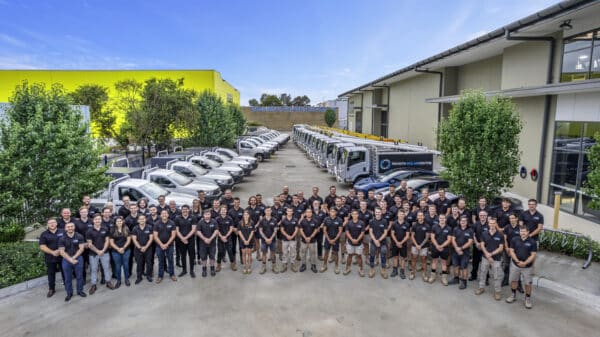
If you’re interested in learning a bit more about the costs of equipment for solar installations, you might want to check out the following article titled, Cost of Microinverters vs. Cost of String Systems.
